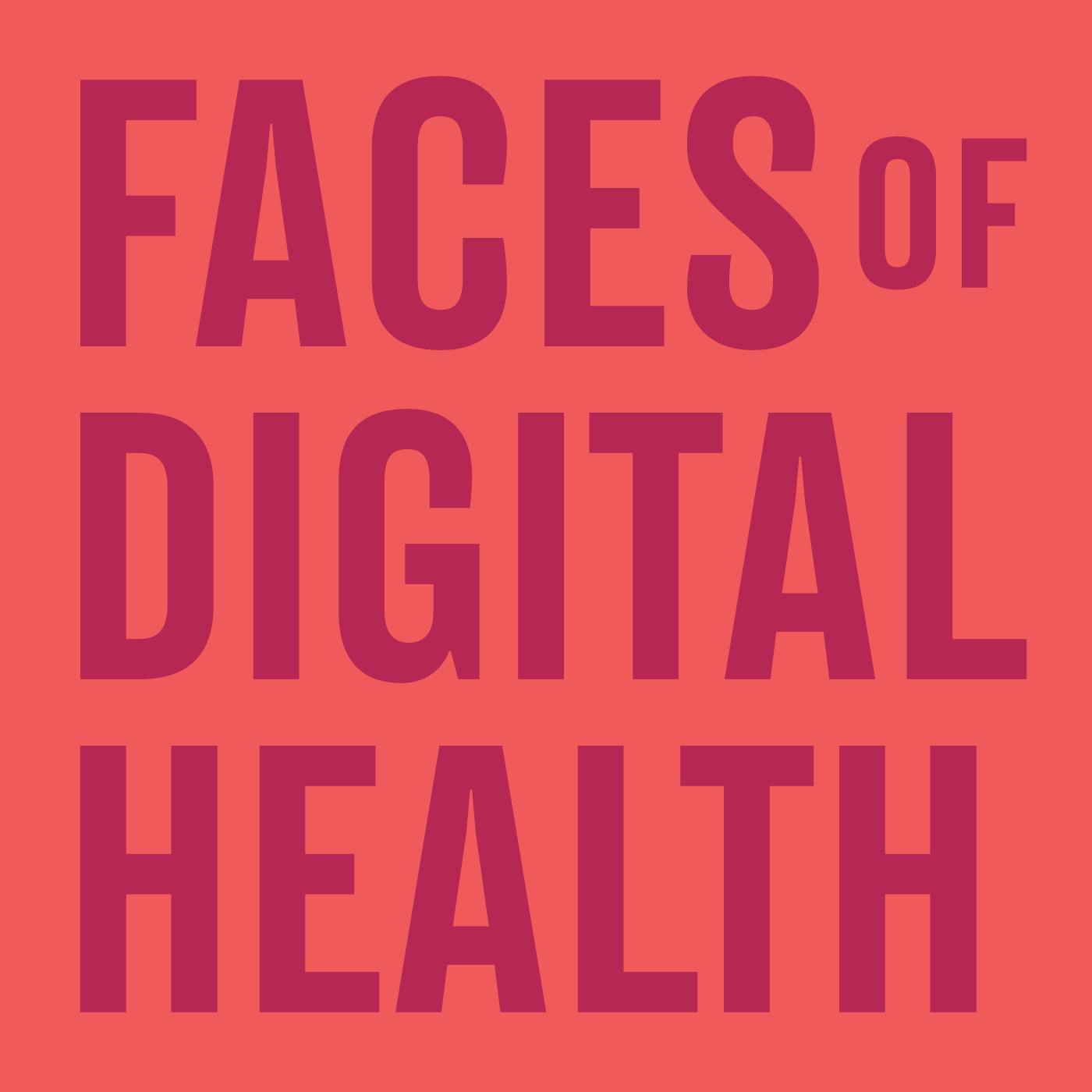In 2023, Insilico Medicine—a biotech company developing medications with a heavy reliance on AI—used AI to develop an experimental drug for the incurable lung disease idiopathic pulmonary fibrosis. The treatment is in mid-stage trials in the US and China, with some results expected in early 2025.
Biotech is one of the fields that has been using generative AI for years, even before ChatGPT brought the technology to public view.
Latest technology is essential in drug development. However, the convergence of digital health and pharma seems less clear. Digital health apps started gaining popularity around 2015, and at that time, it seemed all pharma companies were trying to figure out what they could gain from apps, so they financed accelerators and incubators one after the other.
We've seen many ideas about how Pharma should or could use digital health.
In the last few years, there have been many notorious cases when partnerships failed—a seemingly unicorn, Proteus, which designed digital sensors-equipped pills, went bankrupt in 2019 after Otsuka Pharmaceuticals pulled out of a funding round. Pear Therapeutics, the guiding star in the DTx space and the leader in FDA-cleared prescription digital therapeutics, partnered with Novartis, but in the end, the company filed for bankruptcy in 2023. So where is Pharma in relation to digital health and digital therapeutics? In this episode, Amir Lahav shares his thoughts about the impact of AI on biotech, the state of decentralized clinical trials, and the potential of technology for improved drug development, clinical trials, and patient responses.
Newsletter: https://fodh.substack.com/
www.facesofdigitalhealth.com



